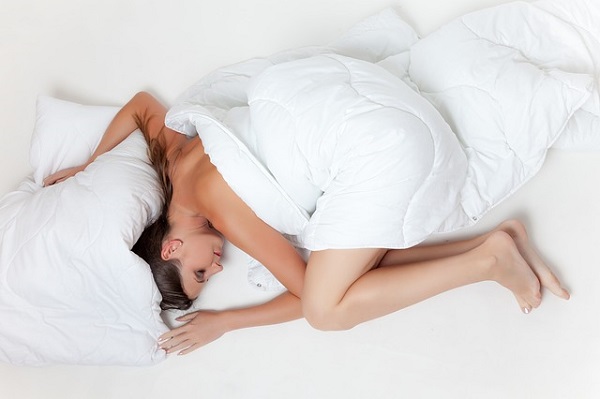
0800 377 7507
Get in touchLacking quality sleep?
With the longer darker evenings and nights setting in, are you finding that your sleep patterns have been disrupted and you wake up feeling unrested? If so, it is an indication that you are not getting the ‘quality’ sleep that your body needs. On average, an adult needs between seven and nine hours of sleep to function to its full potential.
As with children and pets, routines are so crucial to their well-being and the same can be said of adults too. Erratic sleep patterns can leave you feeling out of whack, so a regular sleeping schedule may be exactly what you need! MOLLY MAID, the professional domestic cleaners, suggest that you follow some of the below top tips which will help to settle you into a routine or healthy sleep pattern which, will in turn, result in quality sleep.
Bedtime and morning waking routines
The more you follow and stick to bedtime routines on a daily basis, the more likely you are to help regulate your natural body clock.
- Decide on a bedtime and a wake-up time: Try to make gradual adjustments to your ‘new’ routine as you won’t be able to change things overnight – work in increments of 15-30 minutes to reach your desired bedtime.
- Evaluate distractions: Whether it is potential ‘white’ noise from a fan or a boiler, or a street light casting light into your bedroom, or even snoring by your partner, try to find a solution to overcoming these by either using ear plugs, eye masks or even black-out curtains for example.
- Light discipline: We have all be told of the negative effects of ‘blue light’ too close to bedtime (it is recommended not to watch TV or other electronic devices one hour before you plan to go to sleep) and whilst this is true, similar applies to lights in general. Start dimming the lights one hour before bedtime to help your body clock come to a natural realisation that it is soon to go to sleep.
- Relaxing bedtime rituals: You can’t expect your body to go from firing on all cylinders to suddenly going into sleep mode, so it important to practice a few relaxing bedtime rituals to help you switch off. Some swear by a warm bath (not too hot) with some essential oils such as lavender to help remove tension, others say that it’s important to take a few heavy breaths to allow the body to come to a natural rhythm and listen to your breathing.
- Rise with the morning light: As humans, our body clock is naturally sensitive to light and darkness, therefore allowing a good dose of sunlight to fill the bedroom in the morning will help you to wake up and kick-start the brain.
- Resist the snooze button: We have all fallen victim of the snooze button, but the extra 5 minutes of dozing gives your body few benefits and certainly not quality sleep. Why not try setting your alarm to the time that you actually need to get up and remember that it may take a few minutes for your body to adjust to a daytime rhythm.
- Eating: It is common knowledge that it’s unhealthy to eat too close to bedtime and that you shouldn’t go to sleep on an empty stomach either. However, having your evening meal around the same time every night will help to keep your whole body on track. Also, limit how much you drink before bedtime to avoid trips to the bathroom in the middle of the night. A good rule of thumb is to eat your last meal two to three hours before bedtime.
We hope that by following some of the above sleeping tips, you will start to feel the benefits of good quality sleep.
